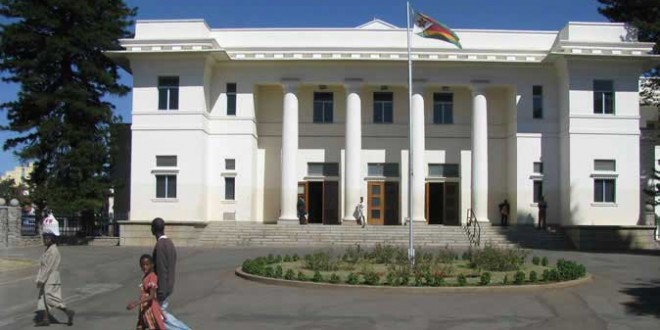
THE announcement by the Bulawayo City Council that it will not increase tariffs and rates in the 2014 budget should come as a huge relief for residents who are finding it more difficult to survive under the worsening economic situation in the country.
Bulawayo has suffered severe job losses occasioned by the massive company closures and relocations to an extent that most households can hardly put food on the table.
Sikhangele Zhou, the city council’s chamber secretary, told a consultative meeting at the weekend that the local authority realised residents would not be able to take any increases in rates and tariffs because of the economic hardships.
Therefore, the MDC-T-dominated local authority has decided to reduce by $10 million the 2013 budget to arrive at a $113 million budget for 2014.
The move marks a significant departure from previous budgets where councils throughout the country tended to opt for the low-hanging fruit by increasing rates and tariffs to cover for ballooning expenses.
There is consensus that most local authorities are facing a serious financial squeeze owing to the poor performance of the economy and a government directive in July forcing them to write off debts owed by residents.
However, merely increasing charges for their services would not cover up for the low revenue inflows, but rather scare away ratepayers from paying the little that they can raise.
The Bulawayo City Council can also look at innovative ways of improving its revenue streams and this could include luring back investors into the city through targeted incentives.
- Chamisa under fire over US$120K donation
- Mavhunga puts DeMbare into Chibuku quarterfinals
- Pension funds bet on Cabora Bassa oilfields
- Councils defy govt fire tender directive
Keep Reading
Council would be able to make more money if people have jobs and companies pay rates.
The local authority must come up with innovative ways of accommodating the informal sector, which is clearly becoming the backbone of the city’s economy.
Instead of investing a lot of time and resources in harassing vendors, council would do itself a lot of good by organising the informal sector in a manner that would result in a win-win situation for all.
The city council should also be commended for listening to the plea from residents to reconvene its consultative meetings for the 2014 budget because that is a rare gesture by a public institution.










